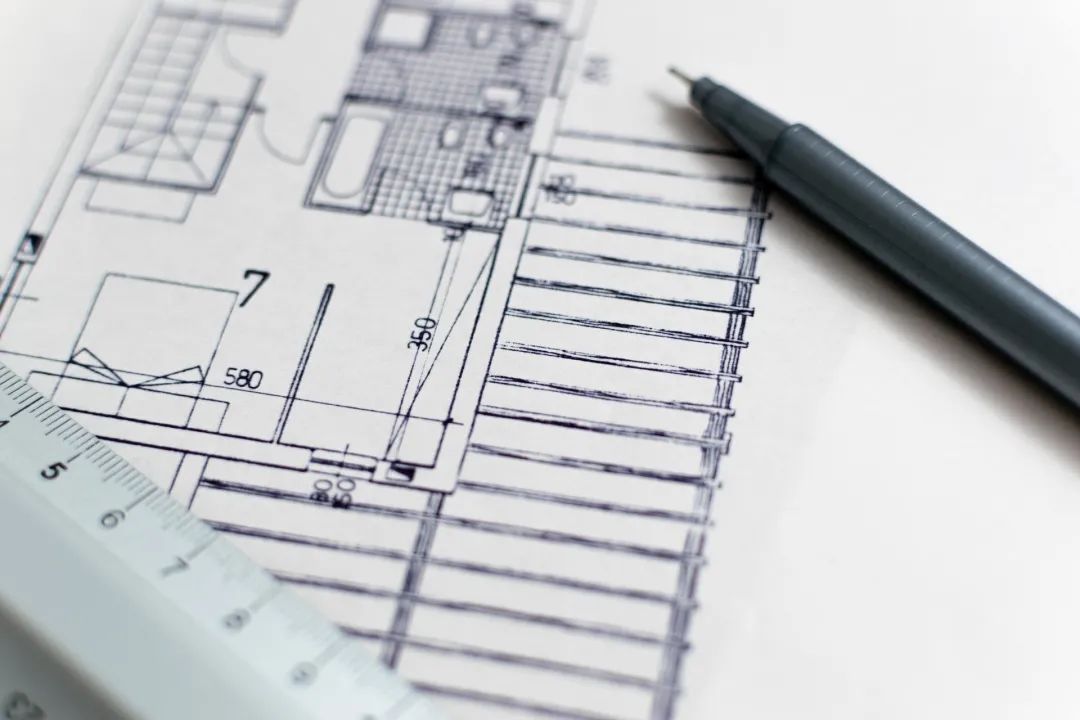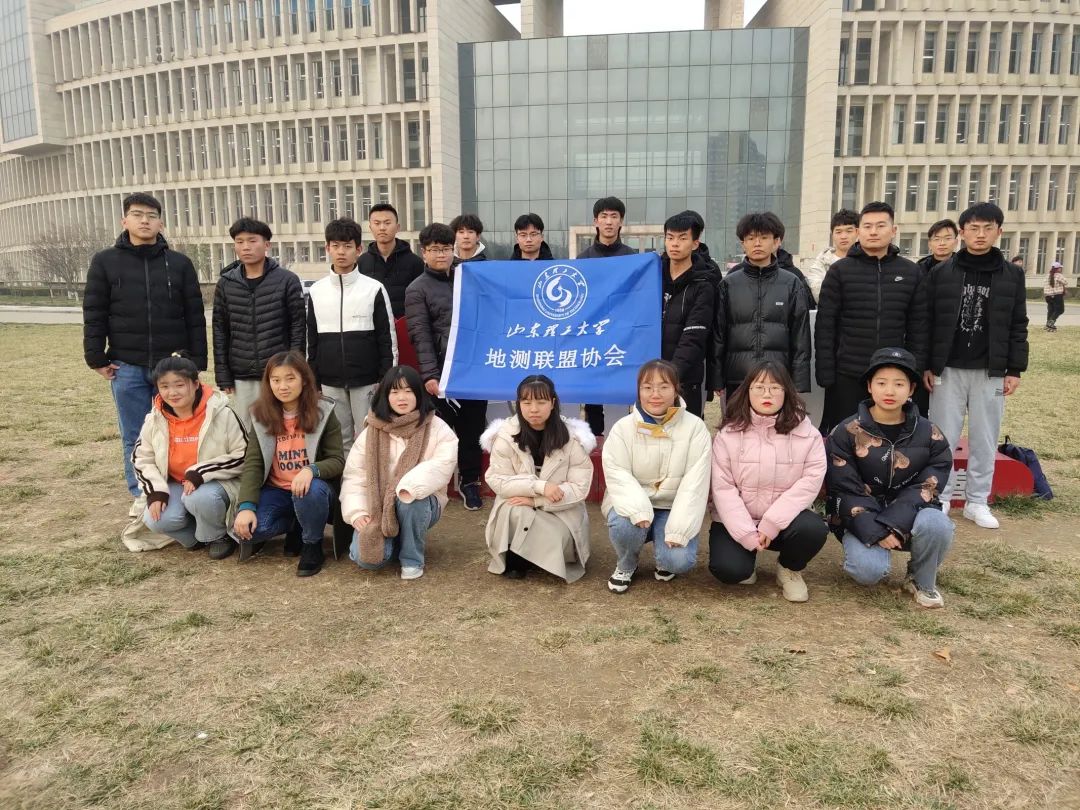In 1906, the outer white bridge was demolished and rebuilt due to the need for trams.
It is a European neoclassical steel beam column and brick concrete structure building.
It is the first large-scale bridge and all steel bridge in Shanghai.
Architectural culture and story in April 1950, the general management office of the Bank of China was under the leadership of the head office of the people’s Bank of China.
Different shapes and strong contrast have become a unique symbol of buildings along the Bund.
7, Nanjing East Road, Metro Line 2.
1 on the Bund, and it is located at the corner of central Shandong No.
Because the bridge is close to the the Bund Park (today’s Huangpu Park), it is called the park bridge, also known as the Wai Bai Du bridge.
50 Hankou Road, a brick concrete structure, was built in 1908 and named Bank of China in 1912.
The floors of the building are cast-in-situ reinforced concrete floors, and the stairs are decorated with wood.
The shield shaped flower decoration above the south main gate is carved from the whole Qingtian stone.
The building is of classical style, with rigorous facade composition, clear vertical three-stage division, neat modeling outline, solemn and majestic, and the decoration is concentrated at the entrance and corner, with obvious Baroque characteristics.
On March 13, 1979, with the approval of the State Council, the Bank of China was established separately from the people’s Bank of China and exercised the functions of the State Administration of foreign exchange, directly under the leadership of the State Council.
50 Hankou Road, starting from the Middle Shandong Road in the East and Hankou Road in the Middle Tibet Road in the West.
Three all solid wood stairs must be removed first and then reinstalled.
The bottom layer of the outer wall is six bricks thick, the upper part is two bricks thick, the thickness of the inner load-bearing wall is one brick to one and a half bricks thick, and the non load-bearing partition wall in the building is steel wire mesh plate strip wall.
What is the architectural style of this old building? What kind of history has it experienced? Let’s look at the building itself: a century old building in classical style, No.
The round head ornaments, carved boards, handrails and elbows on the large columns of stairs shall be disassembled as a whole as possible, and the node size details of each connection position shall be drawn.
The building clock in point is an important feature of this old building.
50 Hankou Road, which took two years of construction and was still looking, reborn and precision repaired, was completed.
It is one of the north-south traffic trunk bridges.
In 2012, No.
88, Middle Sichuan Road, Shanghai traffic information: Asia building, exit 2, No.
At the end of 2017, the Centennial red brick building at No.
Technicians dismantle the stair frame as a whole by taking the floor as a unit.
After the new roof is capped, according to the spatial coordinate data collected by the total station, re lay the red tiles and restore the roof components such as chimney, Aquarius railing and dormer window.
Opening hours office building, temporarily closed.
1 Dongyi Road, Zhongshan, Shanghai: according to the arrangement of the exhibition, 3 Wai Bai Du bridge was built in 1856, commonly known as “outer ferry bridge”.
1 road and Yan’an East Road, it is the southernmost starting point of Shanghai Bund complex, a national key cultural relics protection unit, and the reputation of “Bund No.
In 1875, a new bridge was built at the original site.
The repair team used FRP materials to turn over the “Bank of China” shield decoration panel, which was covered on the original shield decoration surface like a drama “Mask”.
It not only preserves the historical information, but also meets the sequence of architectural inheritance.
Due to the progress of bridge construction technology, the new bridge was not equipped with suspension bridge.
The dome copper plate shall be washed and faded, the defects shall be repaired, and the oxidation and aging treatment shall be carried out to make the physical appearance of the old and new copper plates basically consistent.
Address: opening time of No.
The roof of the building is a wooden herringbone slope red tile and green copper dome tower, of which the upper part of the octagonal tower at the southwest corner is a low arrow dome with a low drum base; The upper part of the south main entrance is a high arrow dome with towering towers, one high and one low, one fat and one thin.
1 building” comes from it.
It is one of the earliest giant buildings built along the Bund and has an important position in the modern architectural history of Shanghai.
The repair of wooden stairs in the building involves the reconstruction of beam column floor structure in the building.
In 2015, the building underwent structural reinforcement and reconstruction, internal and external restoration and repair, taking the safety and authenticity of the red brick exterior wall as the protection premise, so as to restore the building to a stable historical style.
The building was originally brick wall bearing, wooden grid and wooden floor.
After renovation, No.
After repair, restore and install the mortise and tenon joints in sequence on site according to the stair structural parts with QR code number.
When repairing the floor and roof, in order to ensure the safety of the underpinning and repair process of new and old structures inside the building, the construction personnel install a total station at the four corners of the roof to monitor and collect the roof change data in real time.
The water washed stone lintel, door frame, window frame, wall arch, wall line and cornice line on the ground floor of the Bank of China Gate building are densely distributed.
Only minor repair and minor repair can not continue the life of the building.
After that, the Bank of China repaired and maintained her, making the century old building glow again.
Address: No.
Because its house number is No.
In Huangpu District, Shanghai, there is an old building over 110 years old, the Bank of China Building at No.
Peripheral clock in point 1 Dongfeng Hotel Located at No.
50 Hankou Road returned to the Bank of China.
Wai Bai Du bridge is a national key cultural relic protection unit..
50 Hankou Road, which is classical, elegant, rigid and soft, has changed its old appearance and become a beautiful scenery in the Bund building complex.
Over the past hundred years, most of the wooden structures of this five storey clear water red brick beam column building with Chinese and Western styles have been rotten.
Building repair: take care of “face” and renovate “Lizi”.
The building basically adopts classical composition, but the towers, upper details and decoration on the top of the north and South headwalls are Baroque.
Conduct QR code scanning, tracking and management for each part of the stair.
It has become a scenery in the building complex with a square, calm and simple temperament.
2, Zhongshan East 1st Road, it was officially completed in 1864.



